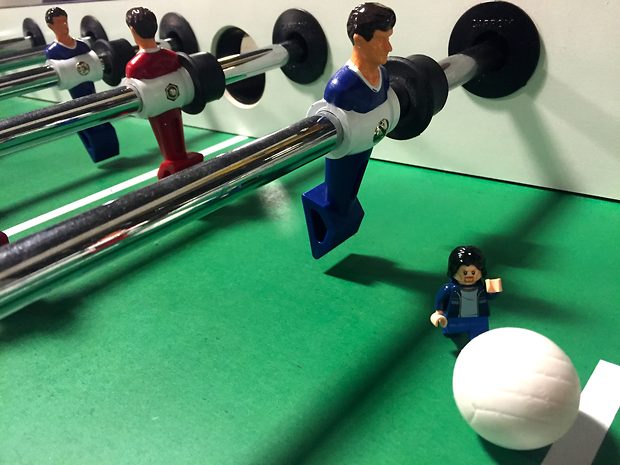Blog
-

Submit your sessions for Midcamp 2016 - Midwest Drupal Camp in Chicago
MidCamp is returning to Chicago, Illinois on March 17th through the 20th, 2016. We will be returning to the University of Illinois at Chicago, this time, on the west side of the campus. MidCamp is looking for people to speak to our Drupal audience! Experienced speakers are always welcome, but our camp is also a great place to start for first-time speakers.
-

Cleaning up your local Drupal installations for the New Year
If you're like me, your development and staging servers get larger and larger as time moves on. The end of the year break is the perfect time to get organized, archive projects that are no longer needed, and set up some settings configurations that will help keep next year under control.
Clean up Backup and Migrate Backups
In Drupal 7, Backup and Migrate has some great drush commands that I never knew existed until recently. These commands can help you quickly make a backup, and/or inventory the backups you have on your system.
-

Changing the Order of Drupal 7 Media Module File Browser Tabs
I am working on a site where the client requested that the Library tab be the first tab in the Media module's File browser pop up. While this is a seemingly simple request, it is one that I have never run into.
-

In search of the most optimized image in Drupal 7
I have been on a performance kick lately, trying to optimize the delivery of caching and delivery of pages to users from Drupal. It seems like the biggest piece of every site I work on are the images. While Drupal Image styles allow us to create the exact size we want, I was looking for a way to better optimize the image size, make progressive jpegs, and keep the rendered images looking as close to the original as possible.
My go-to tools for performance testing the output of any site are:
-

No more View pages
Views has long been one of the magic pieces that makes Drupal my CMS of choice. Views allows us to easily create queries of content in the UI, giving great power to the site builder.
When you first create a view, the default, obvious choice is to create a "Page" display of the view. A Page has a URL that people can visit to see the information, and gets us as site builders closer to job done. However, I don't want you to do it!
-

Add an Anchor Menu/Table of Contents to Drupal 7
Back in the olden times of the internet, we had really long static HTML pages. In order to make the page more organized, we would make a table of contents at the top, linked to the content below using anchor tags. You can still see this today in today's web. A good example is the W3's HTML5 Specification.
-

Login Destination: Sending us where we need to go!
Rare is the site where the user who logs in, and needs to end up on their User page. This is the default behavior of Drupal. It makes sense if you are making a community or social media type website. But for most of us, building publishing, marketing, and general business sites, we want to send our users to a specific place so they can start or continue their workflow.
-

Drupal 7 Panels: Page Manager User Pages
By default, Page Manager has the User Profile Page (/user/user-id) and the User Edit Page (/user/user-id/edit), but there are a few user pages that are missing, most obvious will be the login page.
The Drupal User Pages module is a simple module that is not that commonly used that adds in the important missing pieces by adding these four options to Page Manager:
-

Using Fences and Page Manager to optimize HTML markup in Drupal 7
I have been searching for a way to make Drupal output cleaner, lighter, more semantic HTML since I started theming. We all know Drupal core, and it's many contrib modules have a tendency to inject a couple-two-tree divs in 'dere. I have tried many different ways, much to the chagrin of the developers I have worked with, most of them probably not worth the effort I put in. That is until now!
-

Googlebot cannot access CSS and JS on your Drupal site
There was a time when search engine bots would come to your site, index the words on the page, and continue on. Those days are long past. Earlier this year, we witnessed Google's ability to determine if our sites were mobile or not. Now, the evolution of the Googlebot continues.
I would say that it was not uncommon for web developers to receive at least a few emails from Google Search Console today.